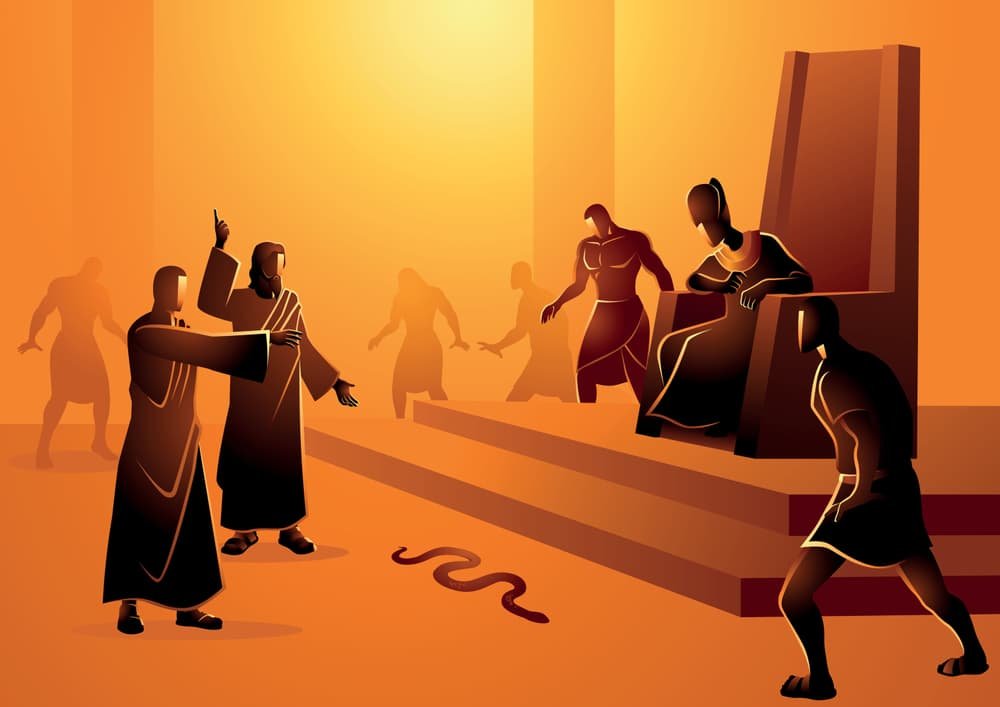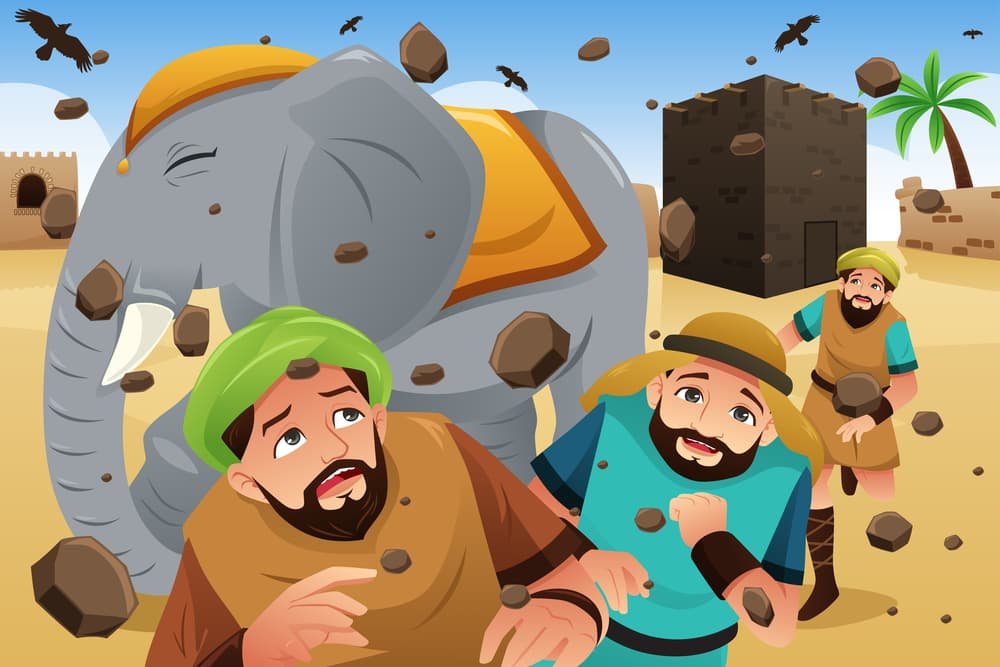short stories in Islam have always played a vital role in human culture, serving as vessels of wisdom, morality, and inspiration. In Islam, the tradition of storytelling holds a special place, with short stories in Islam from the Quran and Hadith offering profound lessons and timeless wisdom. This article delves into the world of Islamic short stories, exploring their significance, moral teachings, and the impact they have on believers of all ages.

What are the short stories in Islam that hold the most significance? What makes these stories so popular and enduring? How do short stories in the Quran impart moral values and lessons? Why are short stories in Islam an effective tool for teaching and inspiration in Islam?
Join us as we uncover the most important and cherished short stories in Islam tradition and the wisdom they convey.
short Islamic stories of prophets
The Quran mentions many short stories in Islam of the prophets as lessons and morals for those who read and reflect on them. Here are some important short stories of them :
The Story of Prophet Adam (AS)
Prophet Adam (AS) “The Father of Mankind.” is considered the first human being and the first prophet in Islam. Allah created him from clay and breathed into him His spirit. Adam was given knowledge and the ability to name all things.
Allah commanded the angels to bow to Adam out of respect, but Iblis (Satan) refused out of arrogance. As a result, Iblis was expelled from Paradise. Adam and his wife, Hawwa (Eve), were placed in Paradise but were later deceived by Iblis into eating from the forbidden tree.
As a consequence, they were sent down to Earth. They repented, and Allah forgave them, making Adam the first prophet to guide humanity.
“وإذ قلنا للملائكة اسجدوا لآدم فسجدوا إلا إبليس أبى واستكبر وكان من الكافرين” (البقرة: 34)
“And [mention] when We said to the angels, ‘Prostrate to Adam,’ and they prostrated, except for Iblis; he refused and was arrogant and became of the disbelievers.” (Quran 2:34)
The Story of Prophet Nuh (AS)
Prophet Nuh (Noah) (AS) was sent to a disbelieving and sinful people. Despite his efforts to guide them to the worship of one God, they persisted in their wrongdoings. Allah commanded Nuh to build an ark and take a pair of every creature along with his followers.
A great flood ensued, destroying all the disbelievers. Nuh and the believers were saved in the ark. After the flood, they repopulated the Earth and continued to worship Allah.
حَتَّىٰٓ إِذَا جَآءَ أَمْرُنَا وَفَارَ ٱلتَّنُّورُ قُلْنَا ٱحْمِلْ فِيهَا مِن كُلٍّۢ زَوْجَيْنِ ٱثْنَيْنِ وَأَهْلَكَ إِلَّا مَن سَبَقَ عَلَيْهِ ٱلْقَوْلُ وَمَنْ ءَامَنَ ۚ وَمَآ ءَامَنَ مَعَهُۥٓ إِلَّا قَلِيلٌ
“Until, when Our command came and the oven overflowed, We said, ‘Load onto the ship of each [creature] two mates and your family, except those about whom the decree [of destruction] has preceded, and [include] whoever has believed.’ But none had believed with him, except a few.” (Quran 11:40)
Short Islamic stories for adults
One of the stories in the Quran that requires a mature understanding to fully grasp is the story of Prophet Lut (Lot) (AS).
The Story of Prophet Lut (AS) and His Wife
Allah sent Prophet Lut (Lot) (AS) to the people of Sodom and Gomorrah, who were engaged in severe immorality and sinful behavior. Lut preached to them tirelessly, urging them to repent and turn to Allah. Despite his efforts, the people, including his own wife, rejected his message.
When the angels, disguised as handsome men, visited Lut to inform him of the impending punishment, the townspeople sought to harm the guests. The angels revealed their true identity, assured Lut of his safety, and instructed him to leave with his followers and not look back. They warned that his wife would face the same fate as the sinful people due to her complicity.
As Lut and the believers left, Allah sent a devastating punishment, overturning the cities and raining down stones, destroying everyone except Lut and his followers. When Lut’s wife looked back, she was turned into a pillar of salt, symbolizing her disobedience. This story highlights the consequences of defying divine commandments and the importance of steadfast faith.
short Islamic stories with morals
These short stories in Islam of the prophets are not only accounts of their lives but also serve as lessons in faith, obedience, and the importance of following the guidance of Allah.
Morals in the Story of Prophet Adam (AS):
– Obedience:
The story highlights the importance of obeying divine commandments and avoiding temptation.
– Repentance:
Adam’s repentance after eating from the forbidden tree teaches the significance of seeking forgiveness and returning to righteousness.
Morals in the Story of Prophet Nuh (AS):
– Patience:
Nuh’s patience in conveying his message for centuries despite facing rejection teaches perseverance and steadfastness.
– Trust in Allah:
Nuh’s trust in Allah’s promise during the flood underscores reliance on divine guidance and protection.
Morals in the Story of Prophet Lut (AS):
– Adherence to Morality:
The story emphasizes the importance of upholding moral values and avoiding sinful behaviors.
– Courage:
Lut’s courage in confronting his people and advocating for righteousness despite their opposition teaches bravery in standing up for what is right.
What Are the Benefits of Short Stories in Islam?
short stories in Islam serve as powerful educational tools, conveying moral lessons and teachings from the lives of prophets and righteous individuals. They illustrate virtues such as patience, forgiveness, and trust in Allah, inspiring believers to emulate these traits in their daily lives. Additionally, these stories remind believers of the consequences of disobedience and sinful behavior, providing practical guidance and cultural continuity within the Muslim community.
لَقَدْ كَانَ فِي قَصَصِهِمْ عِبْرَةٌ لِّأُولِي الْأَلْبَابِ ۗ مَا كَانَ حَدِيثًا يُفْتَرَىٰ وَلَـٰكِن تَصْدِيقَ الَّذِي بَيْنَ يَدَيْهِ وَتَفْصِيل كُلِّ شَيْءٍ وَهُدًى وَرَحْمَةً لِّقَوْمٍ يُؤْمِنُونَ ﴿١١١ يوسف:
“Indeed in their stories, there is a lesson for people of understanding. It is not a fabricated tale but a confirmation of what came before it and a detailed explanation of all things, and guidance and mercy for a people who believe.” (Quran, Surah Yusuf, 12:111)
Why Are Short Stories So Popular?
short stories in Islam are strongly appealed due to their concise nature, engaging plots, and ability to convey profound themes effectively. They captivate readers with focused narratives that explore diverse topics, leaving a lasting impact through their exploration of moral lessons and cultural insights. Their brevity makes them accessible to all ages, offering both entertainment and opportunities for reflection on life’s complexities and universal truths.
What Are the Most Popular Short Stories in Islam?
Among the most treasured short stories in Islam and Islamic tradition are those of Prophet Yusuf (Joseph), celebrated for their intricate narrative and profound lessons in patience and forgiveness; Prophet Musa (Moses), revered for his unwavering leadership and resilience in times of adversity; Prophet Ibrahim (Abraham), esteemed for his steadfast faith and readiness to sacrifice for Allah’s command; Prophet Nuh (Noah), recognized for his enduring patience and commitment to delivering Allah’s message amid great challenges; and Prophet Lut (Lot), emphasizing the consequences of moral decay and the importance of upholding righteousness. These narratives hold significant cultural and moral value within Islamic teachings, serving as timeless sources of guidance and inspiration for believers worldwide.
What is the Islamic short story for kids with morals?
Fortunately, the Islamic heritage is full of Islamic moral stories for kids, that are suitable for our kids and will be so much fun as well as educative, for them. In addition, all short stories in Islam of prophets and sahaba could be suitable for kids if it is narrated simply. So, we thought of letting you know of some of the most amazing Islamic stories in English for your kid:
The Man and the Dog
Once, in the scorching desert heat, a man wandered desperately in search of water. After what seemed like an eternity, he stumbled upon a deep well and quenched his own thirst, feeling rejuvenated.
As he continued his journey, he encountered a dog panting in the relentless heat, its tongue hanging out in thirst. Moved by compassion, the man empathized with the animal’s suffering. Despite the challenge of the deep well, he filled his shoe with water and gently offered it to the dog, which eagerly drank until its thirst was quenched.
Moved by this act of kindness, Allah, in His infinite mercy, accepted the man into heaven upon his death. This story exemplifies the purity of heart and compassion towards all creatures, demonstrating the profound rewards of kindness and empathy.

The Kindness of Abu Bakr (May Allah be pleased with him)
In the bustling city of Makkah, there lived a man named Abu Bakr, a close companion of Prophet Muhammad (peace be upon him) known for his kindness and compassion. One day, as Abu Bakr walked through the busy market, he noticed a poor elderly woman struggling under the weight of heavy groceries.
With a warm smile, Abu Bakr greeted her and offered his assistance. He gently took some of the bags from her trembling hands and carried them alongside her. During their walk, he learned that she was a widow, living alone without any family to support her.
Moved by her plight, Abu Bakr not only helped her with the groceries but also took it upon himself to improve her life. He discovered that her home was in disrepair, with a leaky roof and crumbling walls. Without hesitation, Abu Bakr organized skilled workers and provided the necessary materials to renovate her house.
Through Abu Bakr’s generosity and determination, the old woman’s house was transformed into a comfortable and secure home. Overwhelmed with gratitude, she prayed for Abu Bakr’s well-being and thanked him for his kindness.
Abu Bakr, in his humility, credited Islam’s teachings and the example set by Prophet Muhammad (peace be upon him) for guiding his actions. This story beautifully illustrates the values of kindness, compassion, and proactive assistance to those in need, reflecting the noble character of Abu Bakr and the teachings of Islam.